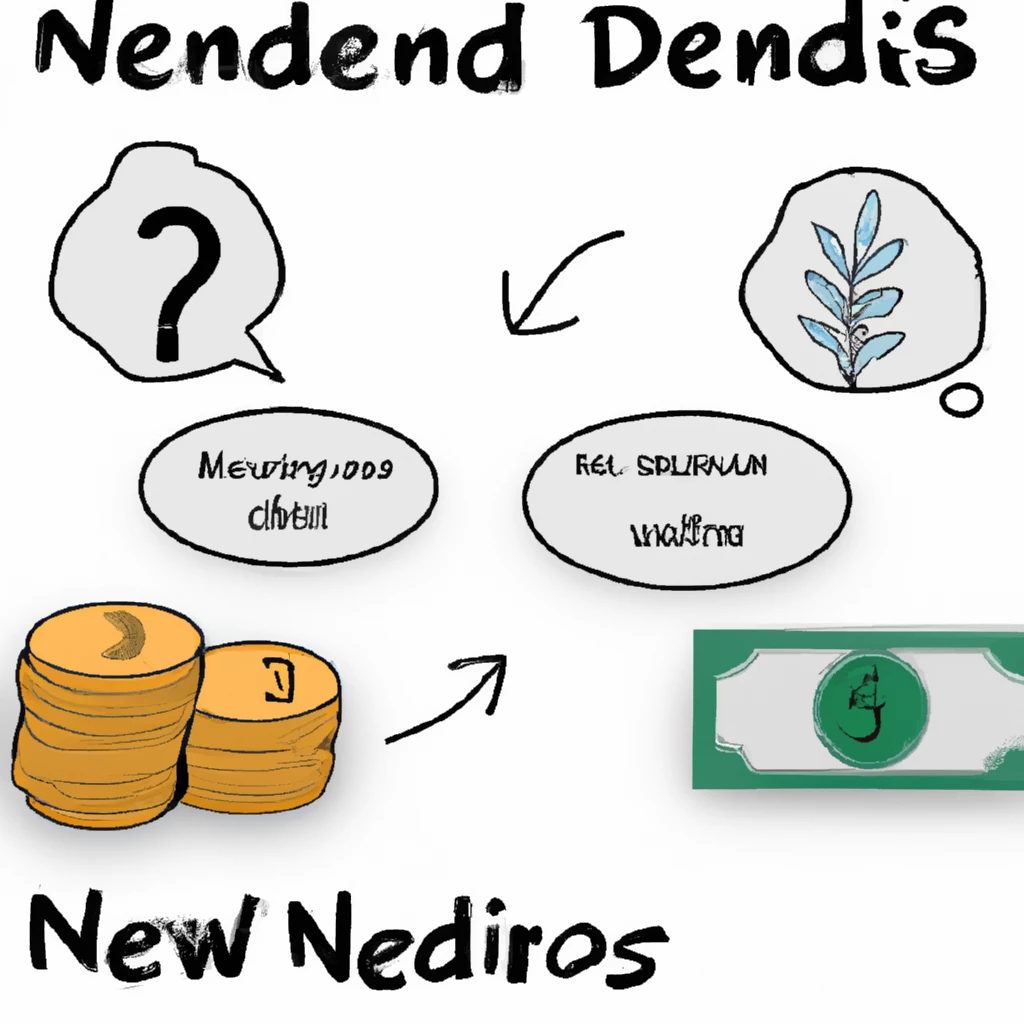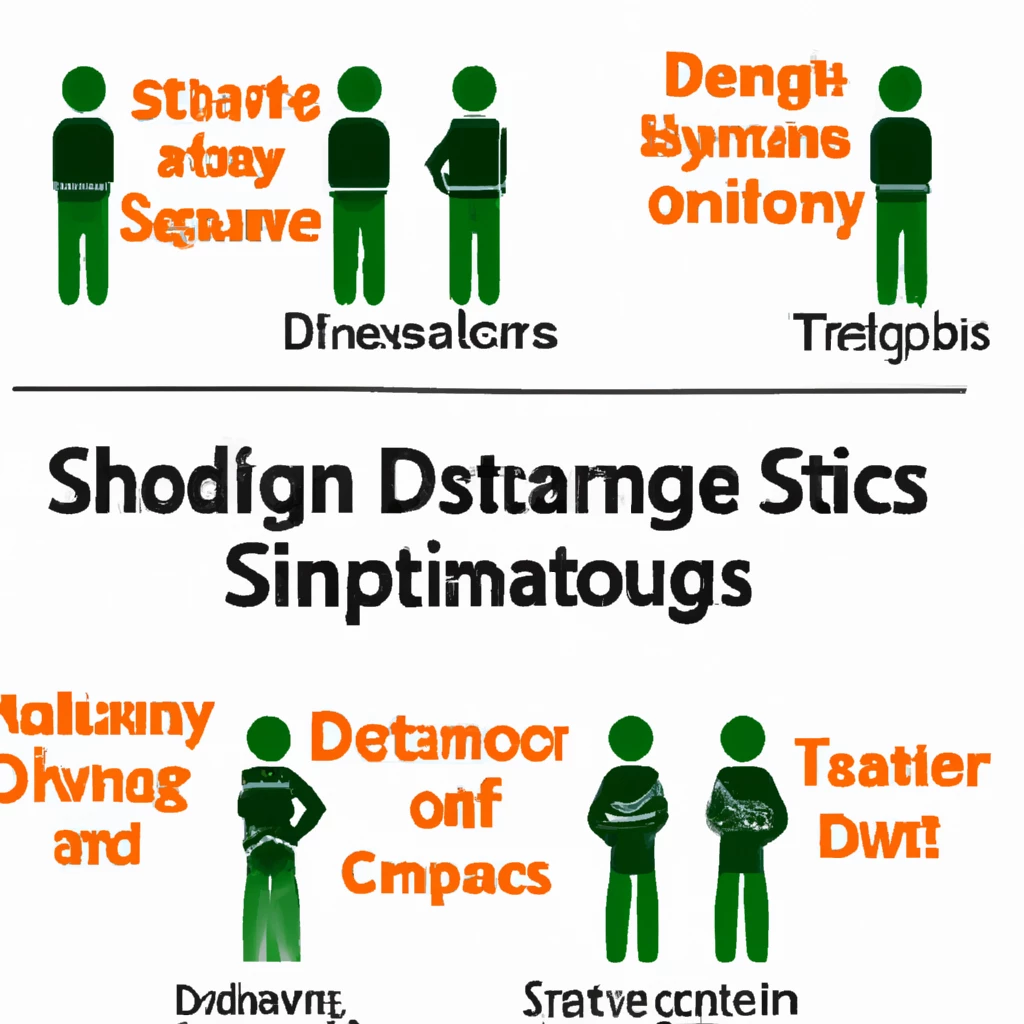
What Is a Commodity Futures Contract?
A commodity futures contract is an agreement where a predetermined amount of a commodity is bought or sold at a specific price on a set future date. These contracts serve purposes such as hedging investments or speculating on the asset’s future movement.
It’s crucial to distinguish futures contracts from options contracts as the former obligates the holder to take action. If not unwound prior to expiry, the holder must execute the trade at the contract price.
Commodity futures differ from spot commodities market trades.
#### Key Takeaways
- A commodity futures contract is a standardized agreement where the buyer commits to buy the commodity at a predetermined future price and date.
- These contracts are utilized for hedging or protecting positions in commodities.
- Futures contracts enable speculation on the commodity’s direction, offering long or short options with leverage.
- Leverage in commodity futures can magnify both gains and losses.
- Gains and losses from commodity futures require reporting to the IRS via Form 6781.
How a Commodity Futures Contract Works
Typically, commodity futures contracts are settled or netted upon expiration, with cash settling the price difference between the initial and closing trades. These contracts are commonly used for taking positions in assets like crude oil, wheat, gold, and more.
- Crude oil
- Wheat
- Corn
- Gold
- Silver
- Natural gas
Commodity futures contracts reflect their expiration month, for instance, a September futures contract expires in September. Due to price volatility, large gains and losses are possible.
While commodity futures and forward contracts are similar, futures trade on regulated exchanges with standardized terms, unlike forwards that have customizable terms and trade over-the-counter (OTC).
Speculating with Commodity Futures Contracts
Speculators use commodity futures contracts to make directional price bets on asset prices, allowing positions both ways, long (buy) and short (sell), along with high leverage to trade a fraction of the total contract amount.
For instance, an initial margin of $3,700 may enable an investor to enter a futures contract for 1,000 barrels of oil valued at $45,000. Profits and losses on these trades are then settled through brokerage accounts.
The leverage in futures trading can lead to significant gains or losses compared to the initial margin, emphasizing the need for caution and knowledge before entering speculative future trades.
Due to the amplified risks associated with leverage, speculating on futures is considered an advanced trading strategy, not suitable for all investors.
Risks of Commodity Speculating
Futures contracts obligate holders to buy or sell the underlying asset, posing risks if positions aren’t closed before expiry, potentially requiring unwanted acquisitions of commodities.
Trading in commodity futures involves high leverage, which can lead to margin calls in case of losses, necessitating additional funds to maintain the account balance. Approval for margin trading is typically required from brokers.
Hedging with Commodity Futures Contracts
Apart from speculation, futures markets offer hedging opportunities to businesses aiming to secure commodity prices for sales or production needs.
Hedging aims to mitigate losses from adverse price movements rather than speculate, commonly used by entities dealing in the underlying commodity like farmers, oil producers, and manufacturers.
For instance, a plastics producer can hedge prices by using commodity futures to lock in costs for natural gas needed in production. This strategy shields against potential price spikes while ensuring stable production costs.
By hedging, a company can secure profits or control costs in case of price fluctuations, ensuring a stable financial outlook.
Risks of Commodity Hedging
While hedging reduces price risk, it may also prevent a company from benefiting if prices move favorably post-hedging, potentially leading to missed opportunities.
Over-hedging can result in unwinding contracts at a loss if commodity needs are misjudged, further complicating financial stability for businesses.
Pros
-
Leveraged margin accounts require only a fraction of the total contract amount upfront.
-
Speculators and companies can engage in both long and short trades.
-
Companies can hedge commodity prices, managing costs efficiently.
Cons
-
Leverage in commodity futures can lead to amplified losses, margin calls, and significant financial risks.
-
Hedging limits potential gains from favorable price movements since contract rates are fixed.
-
Over-hedging commodities can result in losses when unwinding contracts due to miscalculated requirements.
Example of Commodity Futures
Business owners often utilize commodity futures contracts to fix selling prices for their products well in advance, securing profits and managing risks associated with price fluctuations.
For instance, a farmer planning to produce 1,000,000 bushels of soybeans in a year could lock in prices by entering one-year soybean contracts, ensuring financial stability regardless of future market prices.
By locking in prices through contracts, businesses can protect against market volatility, ensuring stable revenue and cost management.
The strategy of using futures contracts assists businesses in avoiding potential losses due to fluctuating market prices, fostering financial stability and growth.
Effective futures trading and hedging strategies empower businesses to minimize financial risks and uncertainties, guaranteeing stable profitability and operational efficiency.
How to Trade Commodity Futures
Trading commodity futures online is easily accessible, but it is crucial to conduct detailed research and exercise caution before investing. Here are general steps to start trading:
Managing risk and trading responsibly are vital when starting to trade commodity futures to avoid overextending and jeopardizing financial stability.
The Commodity Futures Trading Commission (CFTC)
In the U.S., the trading of commodity futures contracts is overseen by the Commodity Futures Trading Commission (CFTC), a regulatory agency established in 1974 to ensure fair and transparent trading practices in commodity markets.
The CFTC regulates futures and options markets to uphold market integrity, prevent fraud, and protect investors from manipulative practices.
Commodity Futures FAQs
Are Commodity Futures Contracts Transferable?
Commodity futures contracts, though standardized for exchange trading, are transferable while retaining the underlying obligation.
Why Do Commodity Brokers Use Forward and Futures Contracts?
Commodity brokers utilize forward and futures contracts to hedge against price volatility by securing fixed prices in advance, reducing financial risks from fluctuating market prices.
How Do You Report Commodity Futures Gains and Losses on Your Taxes?
Reporting gains and losses from commodity futures contracts to the IRS requires using Form 6781, as commodities fall under the 1256 Contracts category for tax purposes.
What Is the Commodity Futures Modernization Act?
The Commodity Futures Modernization Act (CFMA), enacted in 2000, is U.S. legislation that kept over-the-counter derivatives unregulated, impacting the trading and oversight of financial contracts in the market.







